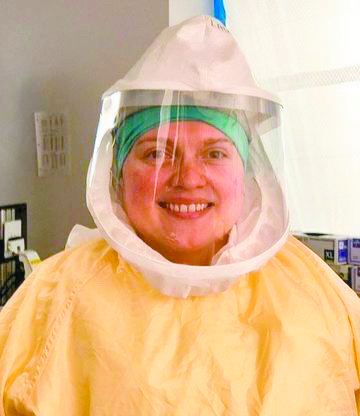Thank you to our hometown heroes who are on the front lines of COVID-19 and continue providing essential services.
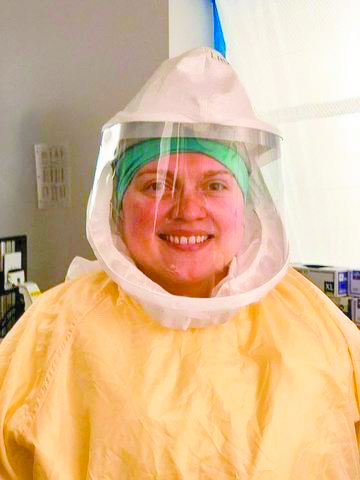
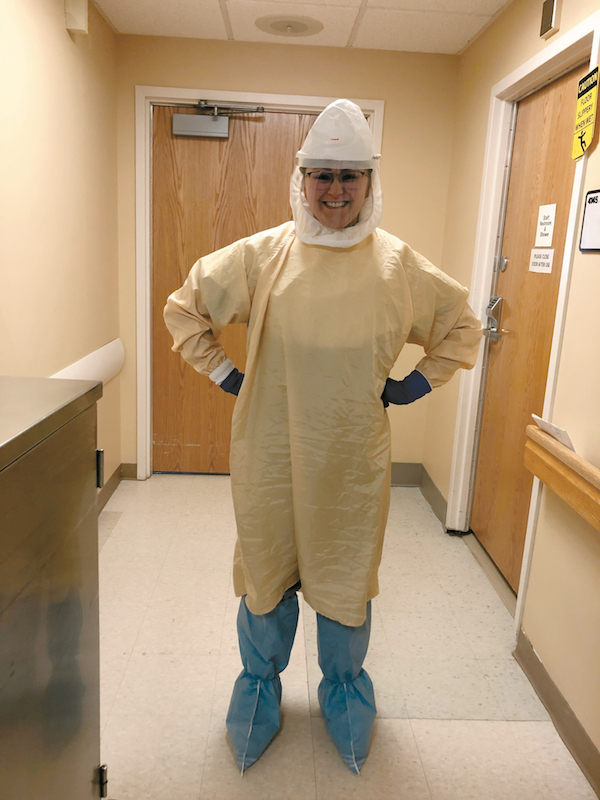
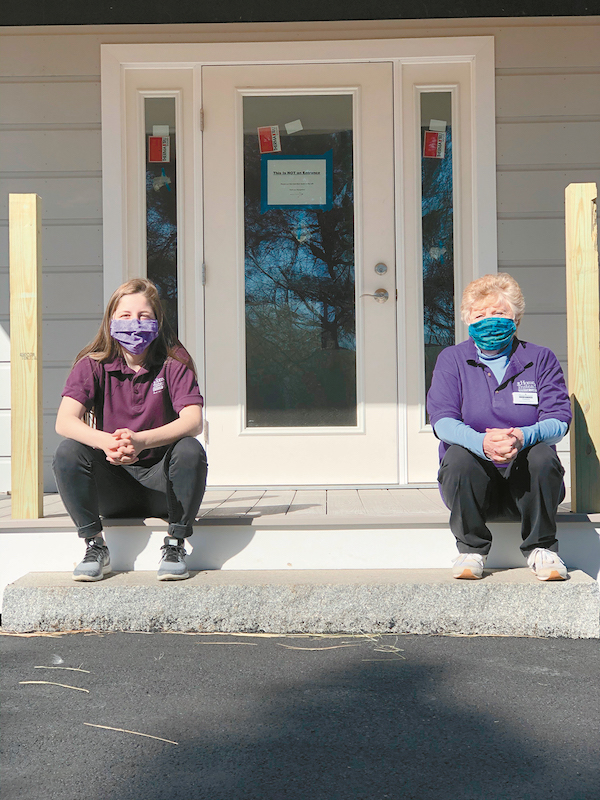
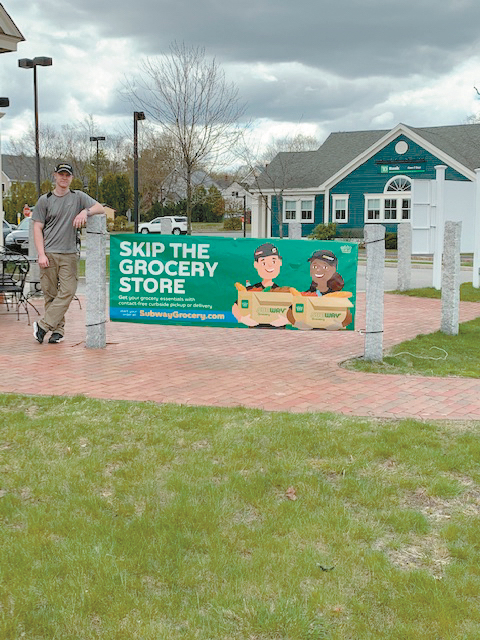
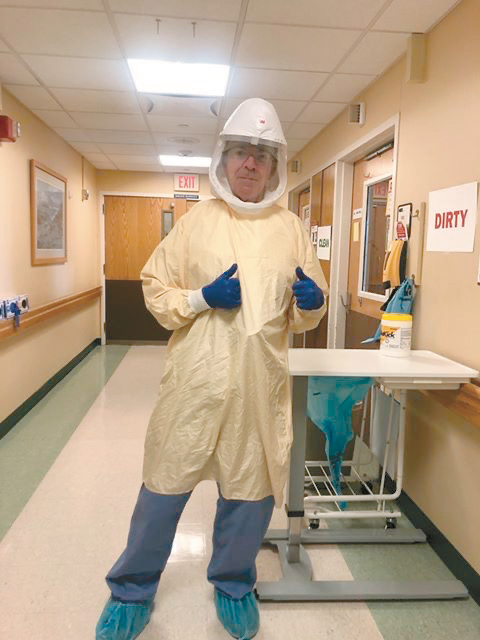
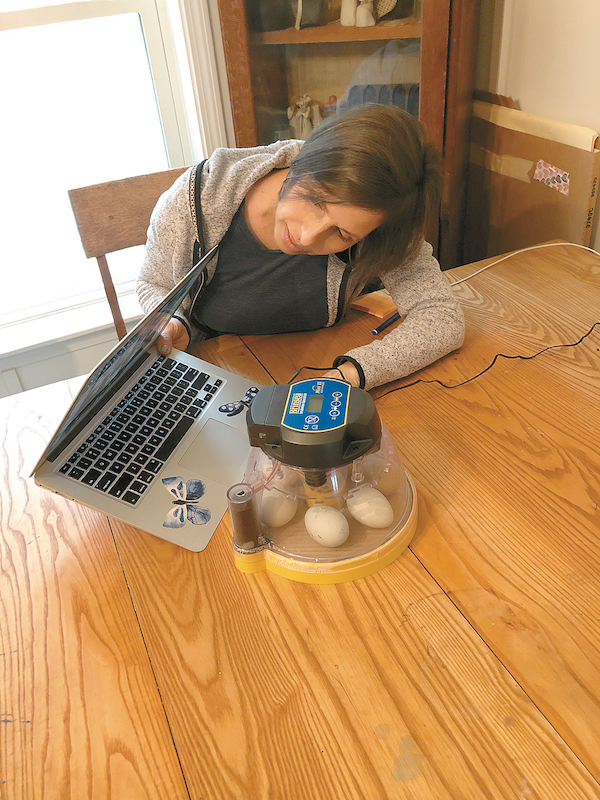
Narragansett Elementary School Kindergarten teacher, Jacqueline Durant-Harthorne, had a Donors Choose project fully funded in under five minutes in February. “In Kindergarten, what better way to study life cycles than with a hands-on birds-eye view,” she said. Unfortunately, her class never got the chance to set up the incubator due to the school’s shift to remote learning. Durant-Hawthorne found eggs through a local farmer and the classroom’s egg-to-chick journey began via Zoom and a private class Facebook page. The chicks started to hatch before April vacation. Durant-Hawthorne said it filled her with such joy to share it with her students virtually as the chicks hatched. Students are writing about something they learned or saw through See Saw, an online remote work program they use in their classroom.


